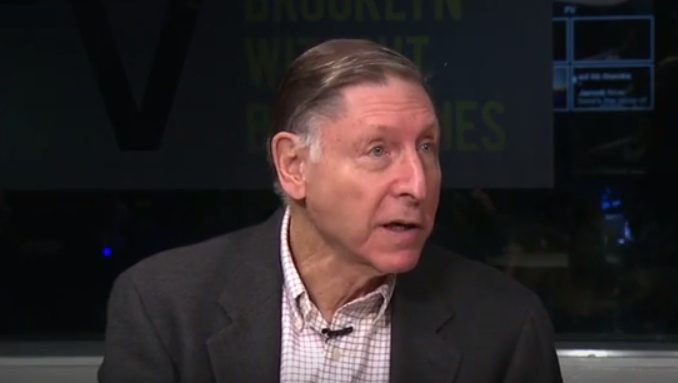
BRIC-TV
John Jay College professor and policing expert Eli Silverman
The question has been asked at least since Roman times: “Quis custodiet ipsos custodes?” Who guards the guardians?
During the 1970s, the answer when it came to New York City’s guardians in the NYPD was, apparently, “no one.” No one seemed to be watching as many NYPD members took bribes, ran protection rackets, and consorted with criminals. That changed when cops like Frank Serpico and a panel called the Knapp Commission exposed the breadth of the wrongdoing and ushered in new measures to keep cops from sullying their badges.
Amid the current era of protests about policing, the cop scandals of the 70s and the way New York City responded could offer important lessons about the consquences, intended or otherwise, of reform. As BRIC-TV’s BkLive offered viewers a week-long look back at the 1970s and their impact on today’s New York, I invited to Tuesday’s show Bernard Whalen, an NYPD lieutenant who appeared a private citizen and the author of two books of history on the NYPD; Professor Eli Silverman, an expert on policing policy at John Jay College, and Leonard Levitt, the veteran cops reporter who runs the NYPD Confidential site.
Clad in a shirt-and-tie combo that aimed to embody all that was great and horrible about that decade, I asked them what came before, during and after the scandals of that era:
One sentiment that comes through very clearly, from all three guests, is that the effort to stamp out corruption in the NYPD has been a constant one, from the Lexow Commission of the 1890s to its successors in Mazet, Curran, Knapp and Mollen. Each had its impact, and each ulimately ran into obstacles and limitations. The last one, which was active in the 1990s, led to the creation of the Commission to Combat Police Corruption, which has issued regular reports on investigations into wrongdoing by NYPD members. As Silverman mentioned, when that panel turned its attention to whether crime statistics had been manipulated during the Bloomberg era, it was stymied.








